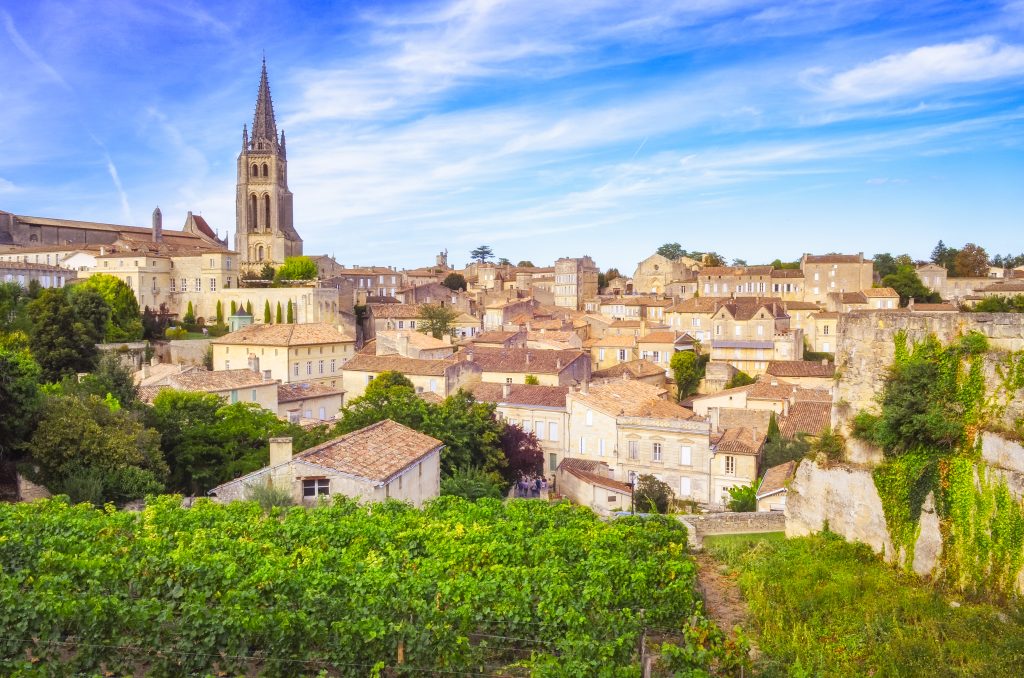This website uses cookies so that we can provide you with the best user experience possible. Cookie information is stored in your browser and performs functions such as recognising you when you return to our website and helping our team to understand which sections of the website you find most interesting and useful.
UGCB ups commitment to ecological certification as Bordeaux celebrates ‘breathtaking’ harvest
The president of the UGCB confirmed the organisation will introduce measure that will require its members to be certified ecologically, in a bid to get away from the image of “closed and arrogant” Bordeaux Grand Cru estates.

Speaking to French publication Les Echos, president of the Union des Grands Crus de Bordeaux (UGCB) Ronan Laborde, said that the organisation will propose a new environmental charter, Ethiq’Union, at its board meeting in March, which will include compulsory environmental certification.
This will include a global commitment to limit processing, removing herbicides (which is already the case for 94% of its members, he said), committing to biological approaches and developing biodiversity through agroforestry and plant cover. Other targets will include the reduction of carbon dioxide through the use of hybrid or electric vehicles and limiting exposure of employees and neighbours to any treatments that may be required.
Laborde said that 40 of it 131 members were already certified or converting to organic certification, with a large number of others signed up to High Environmental Value (HVE) conversion, but that “we will have to go further in a global ecological approach, because we will be held accountable,” he said.
He reported that there was a “consensus” on the subject among its members, and while many of the UGCB’s members practises were “virtuous”, there was a lack of visibility around the subject, which gave the wrong impression.
“We must get away from this image of a closed and arrogant grand cru which has given rise to Bordeaux bashing,” he was reported as saying.
A study commissioned in 2019 on the phytosanitary practices of members and the health of plants, made it possible to quantify the environmental practices of all the classified and similar Grand Crus that make up the association, he said, with around 90% of members responding. Although he said it was “not necessarily looking for everything organic” due to the maritime influence on the climate in the region, he noted that his own property, Chateau Clinet in Pomerol, already practised “reasoned” 70% to 80% organic, while not “deny[ing] ourselves one or two treatments to stop the pressure of mildew, “he said.
It comes as the UGCB celebrates a “breathtaking” harvest. The UGCB praised the great freshness and “beautiful aromatics” of the whites, while the September heat boosted ripeness levels of the red just before the harvest, leading to wines with deep colour, great aromatic complexity and “a hedonistic harmony between radiance and softness”. He also noted that rain earlier in the season had caused a wide spread of noble rot in Sauternes, “on grapes that still had freshness and acidity”.
Related news
UK Christmas lights could buy 14 million mulled wines

